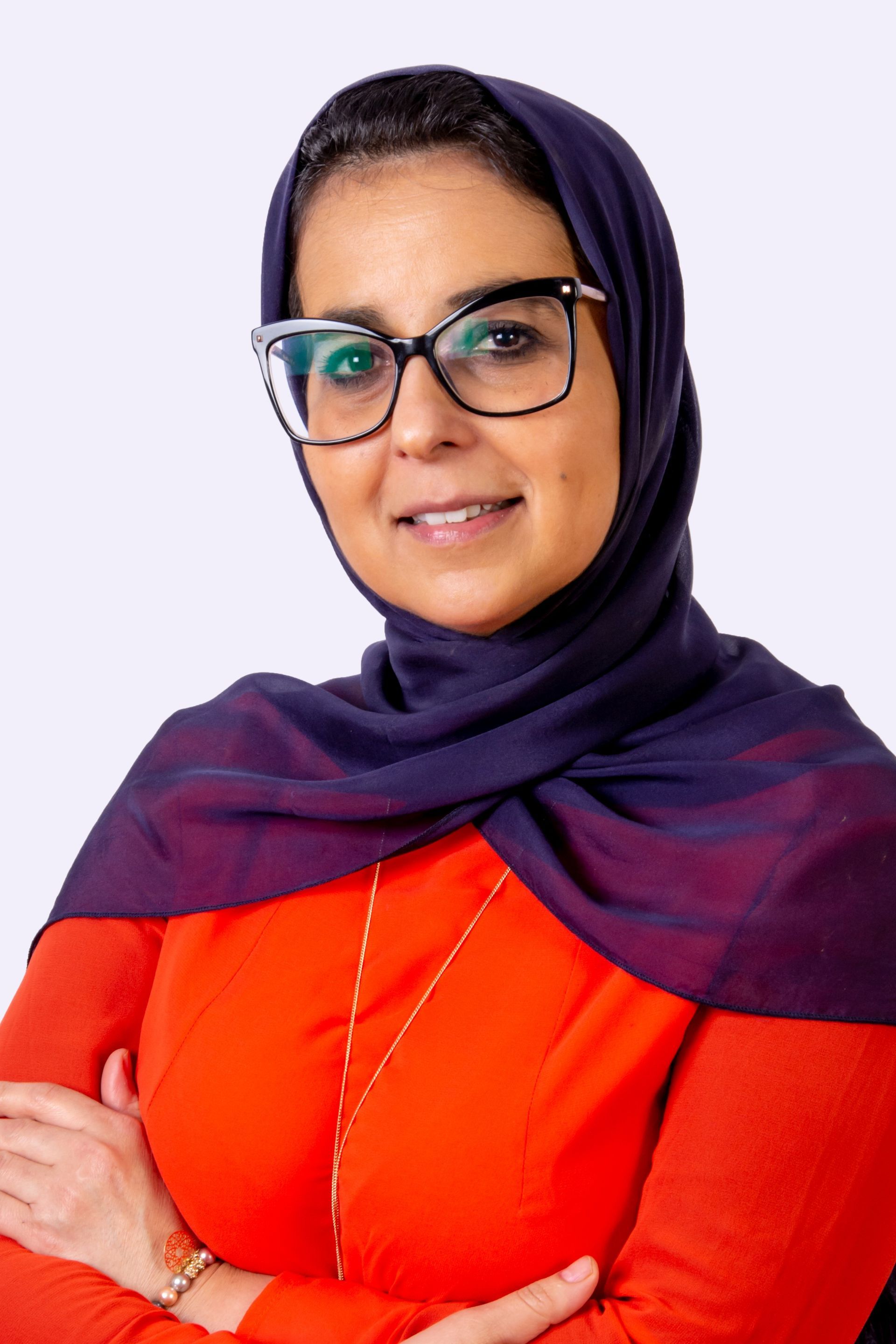Women’s and Girls’ Full Participation in Society: “Are Palestinian women reaping the benefits of education in similar ways to the rest of the world?”
Palestinian women continue to be some of the most educated women in the Middle East-North Africa (MENA) region. While women’s academic participation is indeed measurable, they are not reaping the benefits of education. Palestinian women, especially educated Palestinian women, are overlooked, and under-represented in Palestinian society. Current indicators reveal that access to education has not significantly improved women’s status in Palestinian society. It is therefore imperative to benefit from Palestinian women’s education and skills in society not only as a social right, but as a development necessity.
The percentage of educated women in Palestine is remarkable and one of the highest around the world with a 99.6% in 2020 for completion in primary and upper secondary. While Palestinian women have always been visible in the national struggle, they have limited leadership and decision making-opportunities. Their participation in civil society and the formal government has been restricted.
In decision making positions, women comprise only 8.3% of all ministers, 0% of ministerial representatives, and 6% of assistants to the ministerial representatives. Within all ministries women comprise 30% of staff. In the Ministry of Women’s Affairs, women are the majority, comprising 68.1%.
Education unions leading by example:
Education unions have viewed the education of future generations, with a focus on girls, as a form of protest, resistance to the country and Arab region’s ongoing-conflict, displacement, and upheaval. Accordingly, women and girls’ education has thrived in recent years.
COVID 19 crisis a catalyst for transforming education unions:
Education unions voiced that an appropriate response to COVID -19 in the education sector should consider the rights and best interests of students, teachers and education support personnel and involve education unions in developing the containment and recovery measures.
This response accelerated the transformation process of the largest union in Palestine, the General Union of Palestinian Teachers (GUPT). They want to have a truly representative union and integrate women educators in the union decision making structures.
Despite the pandemic, GUPT continued to engage in social dialogue with the government, continued to fight for decent working conditions and welfare for teachers and education personnel and engage in a process of trade union transformation reflecting the realities of the 21st century. The union stepped up during the rapid shift to distance learning, they have developed online programmes, trained teachers on distance learning and supported students to decrease inequality among learners.
The union also urged that the transformation should also challenge discrimination and increase women’s involvement in education, in trade unions and in society. This process was a driver to enhance women’s leadership within the union’s structures.
From words to action: Mechanisms put in place to enhance women educators’ participation.
With the support of international sister organisations, GUPT developed their own strategy to promote women’s participation and leadership within their union and in education.
They developed a strategy, and we identified the following objectives:
- Increase the number of women in key union leadership and decision-making bodies at the regional and national level, through capacity development training on leadership for women. They have also introduced policies such as gender quotas and allocated budgets for their gender equity programmes.
- Activate the role of their Women’s Committee and prioritise the recruitment of young female teachers.
The union is also working to identify and address the barriers to women’s participation in union leadership and decision making.
In education the union is working with the Ministry of Education to review school books so that gender discrimination is not inherently written into the curriculum. GUPT is also organising sensitization training for educators so that discriminatory stereotypes are not perpetuated in the classroom.
Finally, for the GUPT it is important to secure the right to education for all Palestinian students, especially girls. Teaching and learning must occur in quality, safe environments. Every effort must be made to eradicate the different types of violence that occur all too frequently in and around educational settings.





